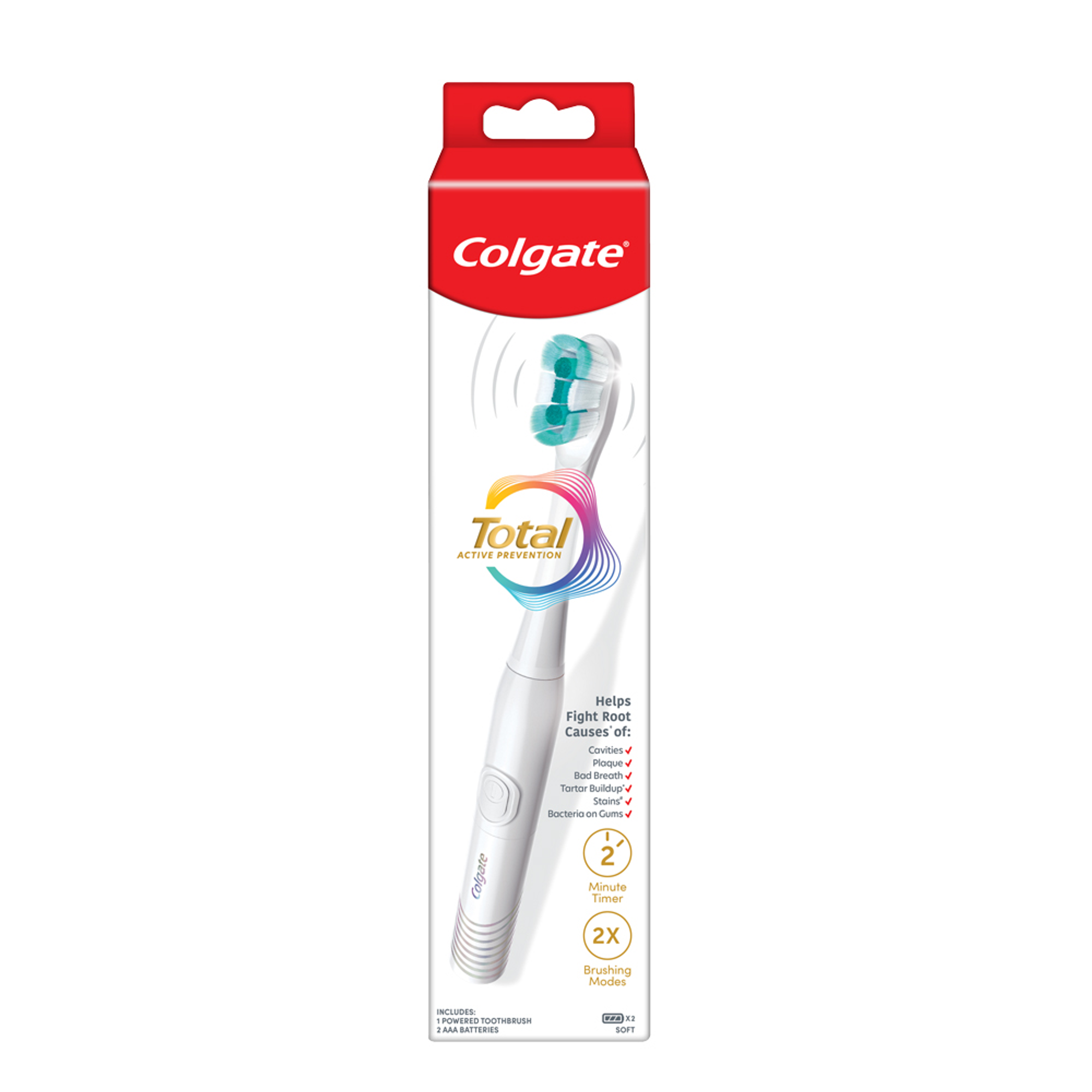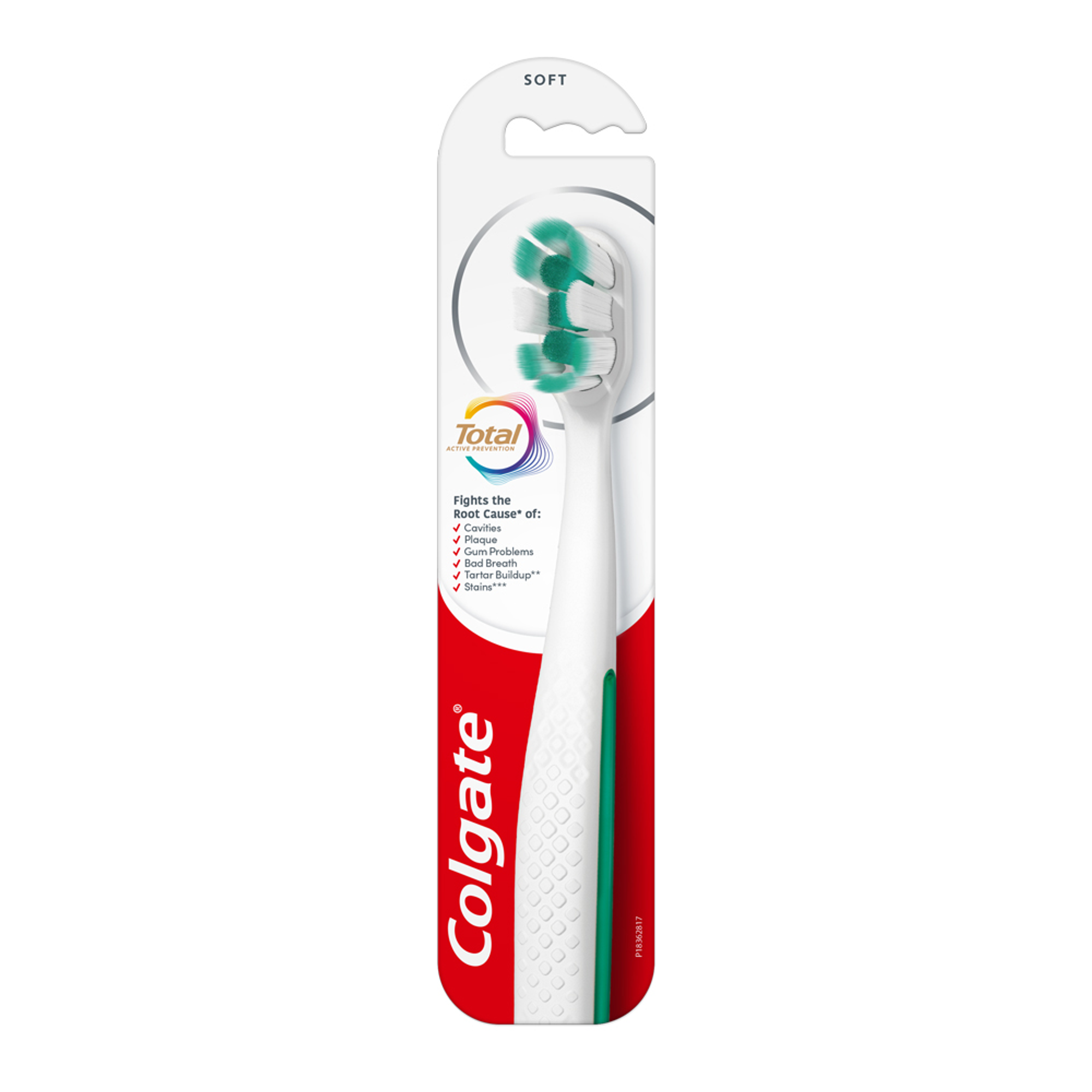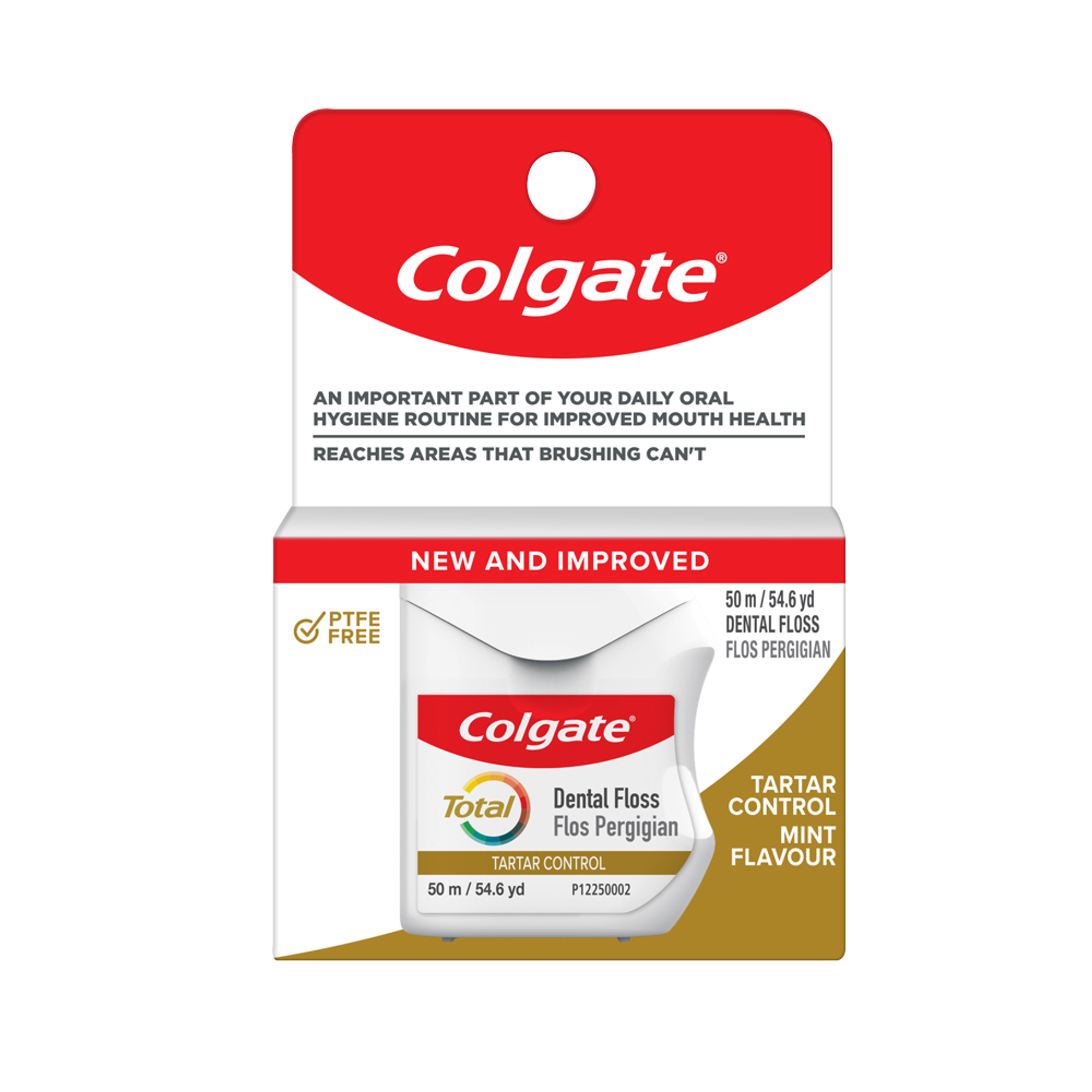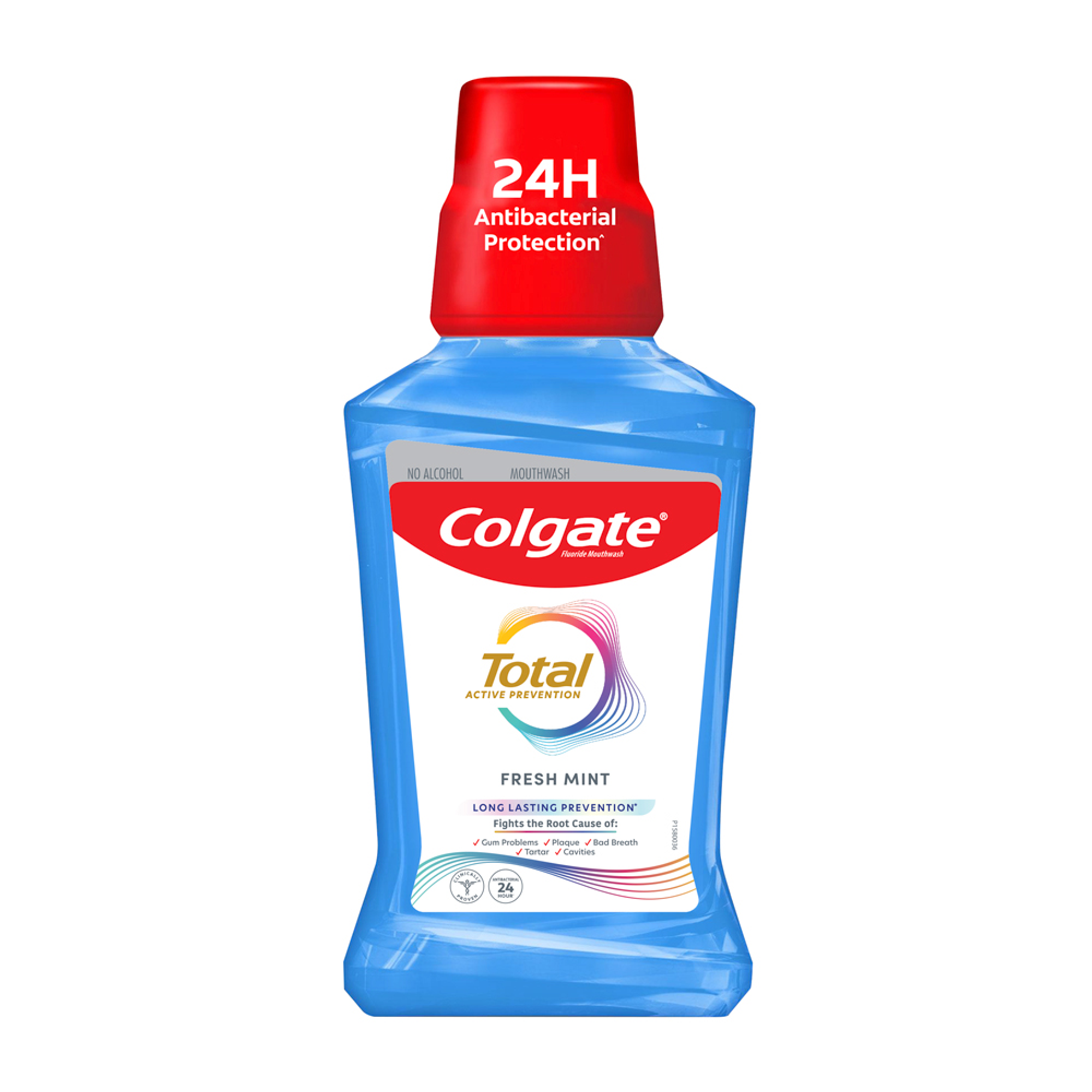- Oral Health and Dental Care | Colgate®
- Oral Health
- Finding a Gingivitis Home Remedy Cure for Your Gums


Gingivitis is a common oral disease, causing redness, swelling and irritation in the gums. Fortunately, people seeking a gingivitis home remedy cure have a variety of options available to alleviate their pain, or prevent the problem entirely.
Practicing good dental hygiene, as well as using certain spices in toothpastes or mouthwashes, are two of the things you can count on to fight the condition. Isn't it reassuring to know relief can come from your own kitchen cabinet?
Good Oral Care
According to the Mayo Clinic , if you're consistent with good dental hygiene your gums will return to their healthy pink state in as little as a few days. Brush your teeth at least twice a day, and floss at least once a day. Gum irritation often comes from aggressive toothbrushing, so use a soft-bristled toothbrush, and replace it every few months.
Finally, don't neglect regular dental cleanings; professionals have the tools to thoroughly remove the material that causes gingivitis.
Turmeric Paste
Turmeric is a spice with a warm, peppery taste that gives curry dishes their distinctive flavor. Recent studies, according to the Journal of Natural Science, Biology and Medicine , suggest it has some impressive health benefits as well, including the healing of inflamed gums. To treat gums, the journal reported that researchers recommend applying a paste made of one teaspoon of turmeric, half a teaspoon of salt and half teaspoon of mustard oil. This should be done twice a day.
Herb Mouthwash
Another gingivitis home remedy cure you can try is a herb mouthwash. Sage, for example, can be beneficial to the gums, according to the US National Library of Medicine . And oral health lecturer Dr. Christine Gerbstadt told MSN Health & Fitness that rosemary can help fight bad breath. Make your own alcohol-free mouthwash with rosemary by following the second recipe listed on the healthy living site Care2 :
Place four ounces of rosemary and two cups of boiling water into a pint mason jar. Let the brew steep overnight. Strain it out in the morning to remove the plant material from the mouthwash. Swish it inside your mouth like a regular mouthwash, and spit into the sink.
Stop putting up with the misery of inflamed gums, and find relief in any of these convenient remedies. If you're diligent about good oral care, you'll be well on your way to recovery. Whether it's turmeric or sage, gum discomfort is no match for the resources in your own home.
Related Products

Helping dental professionals
More professionals across the world trust Colgate. Find resources, products, and information to give your patients a healthier future













